
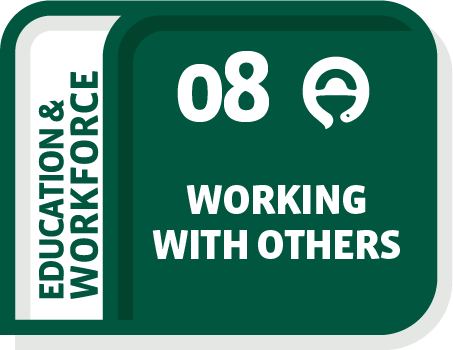
FIP Development Goal 8 Education & Workforce Element
Globally, we will have:
Clearly identifiable elements of collaborative working and interprofessional education and training which should be a feature of all workforce development programmes and policies.
Mechanisms
FIP Development Goal 8 Practice Element
Globally, we will have:
Clearly identifiable elements of inter and intra-professional collaboration and multi-disciplinary healthcare, delivered through cohesive and interdependent teams working across interfaces and transitions of care.
Mechanisms
FIP Development Goal 8 Science Element
Globally, we will have:
Transdisciplinary collaboration to advance education, research, development, manufacturing and regulations that collectively improve access to medical products.
Mechanisms
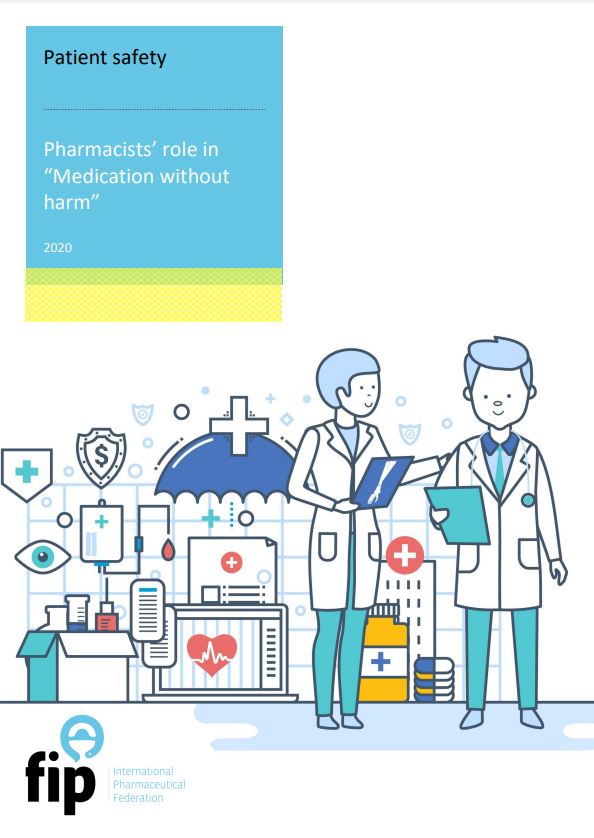
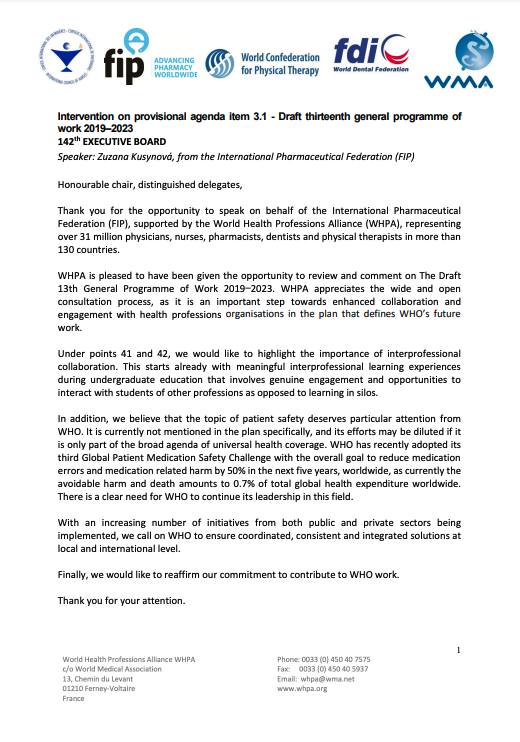
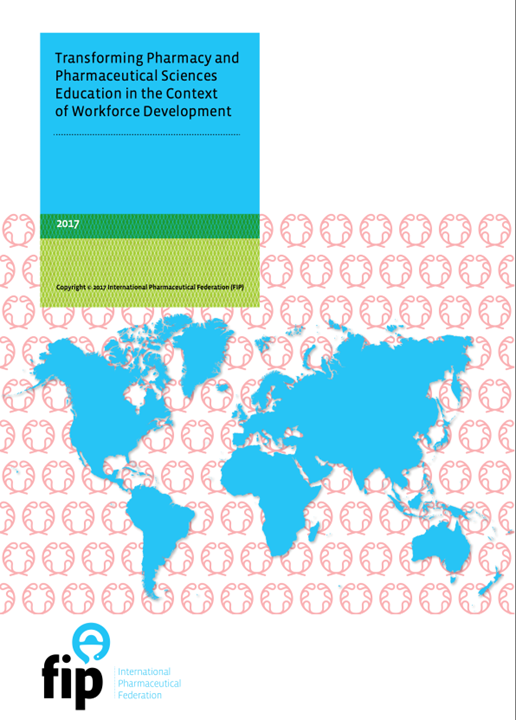
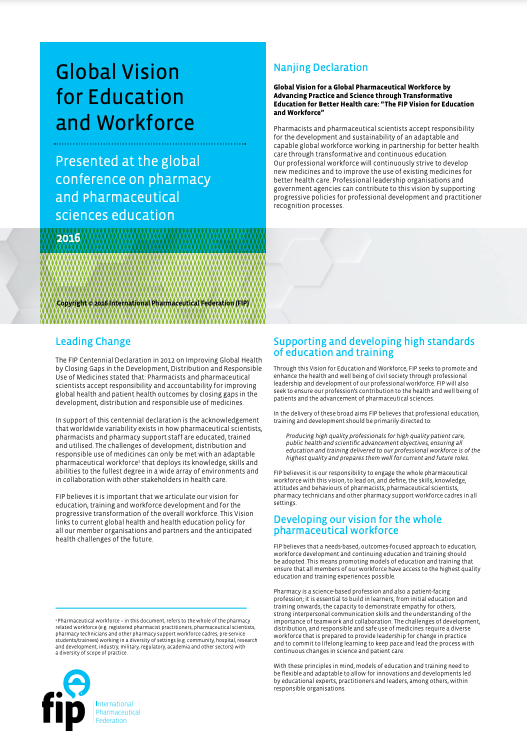
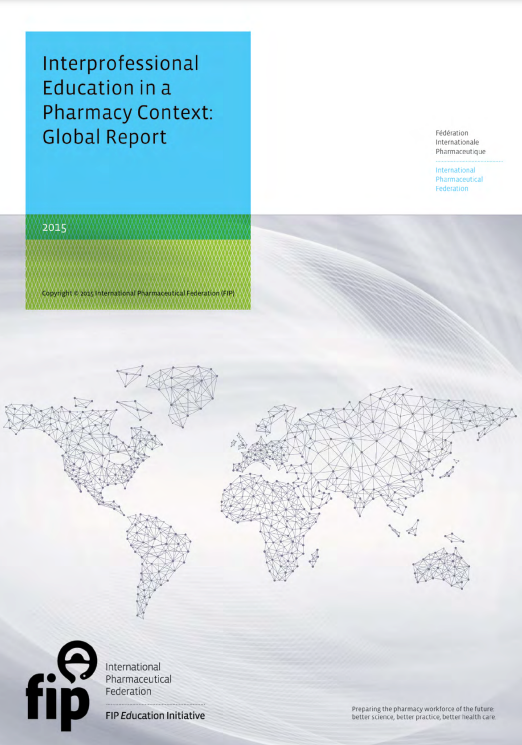
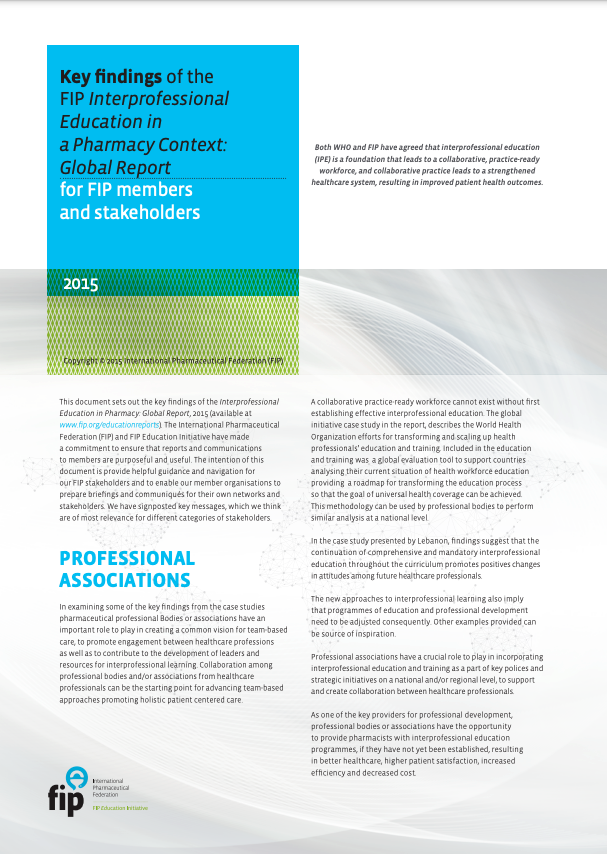
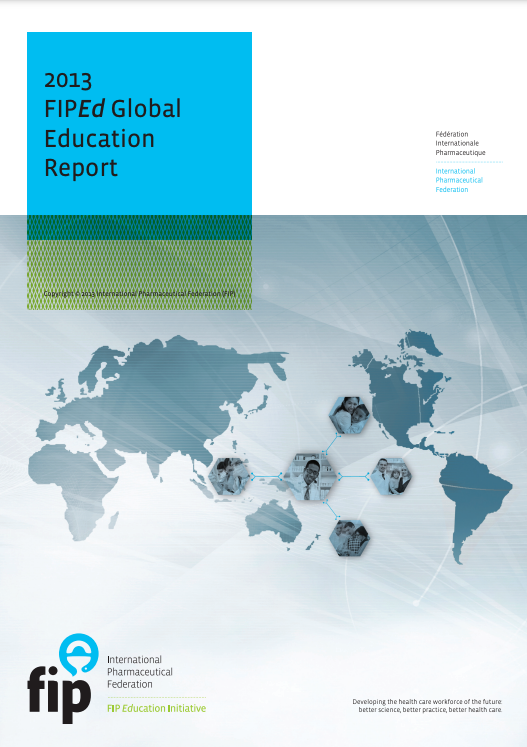
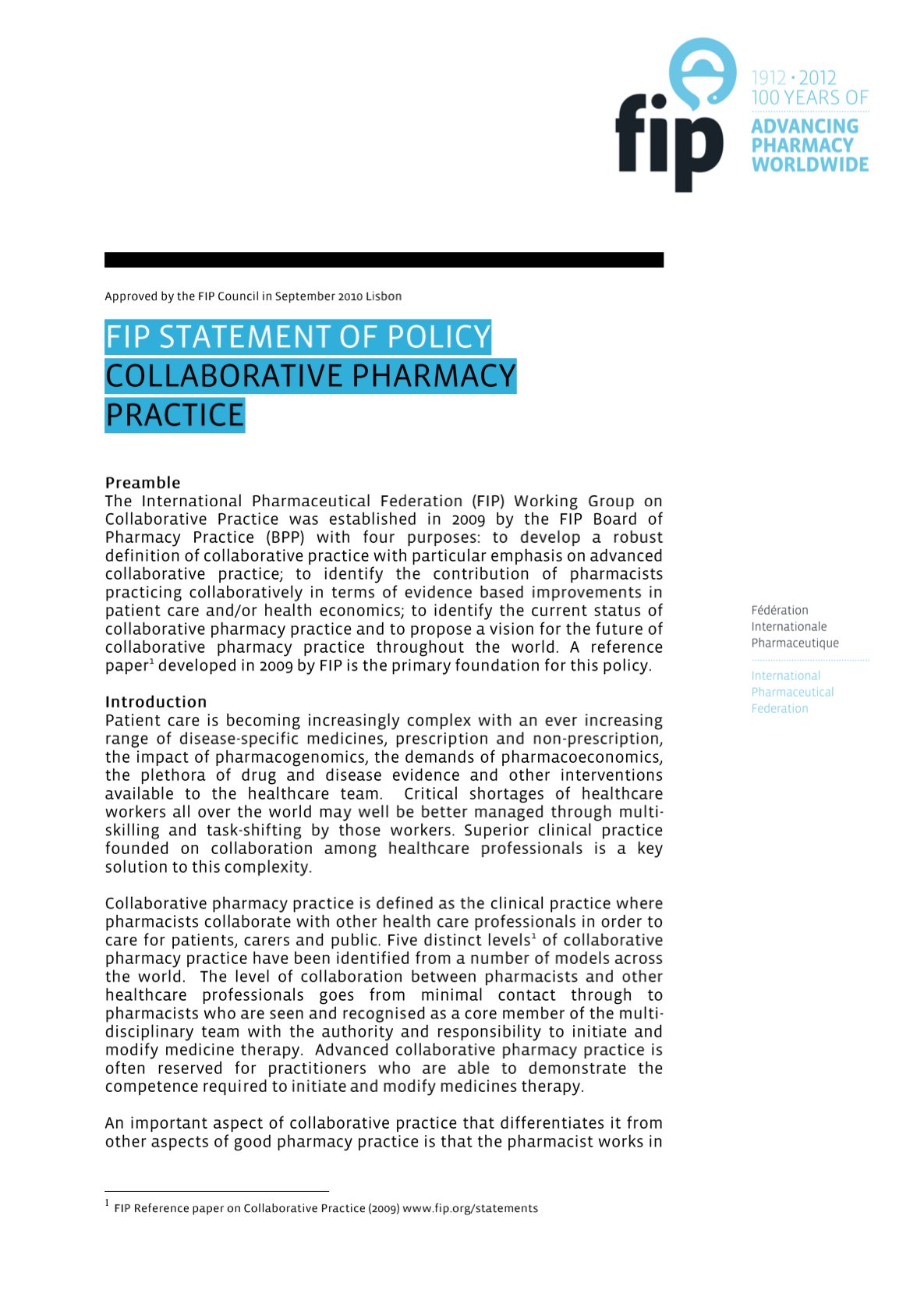
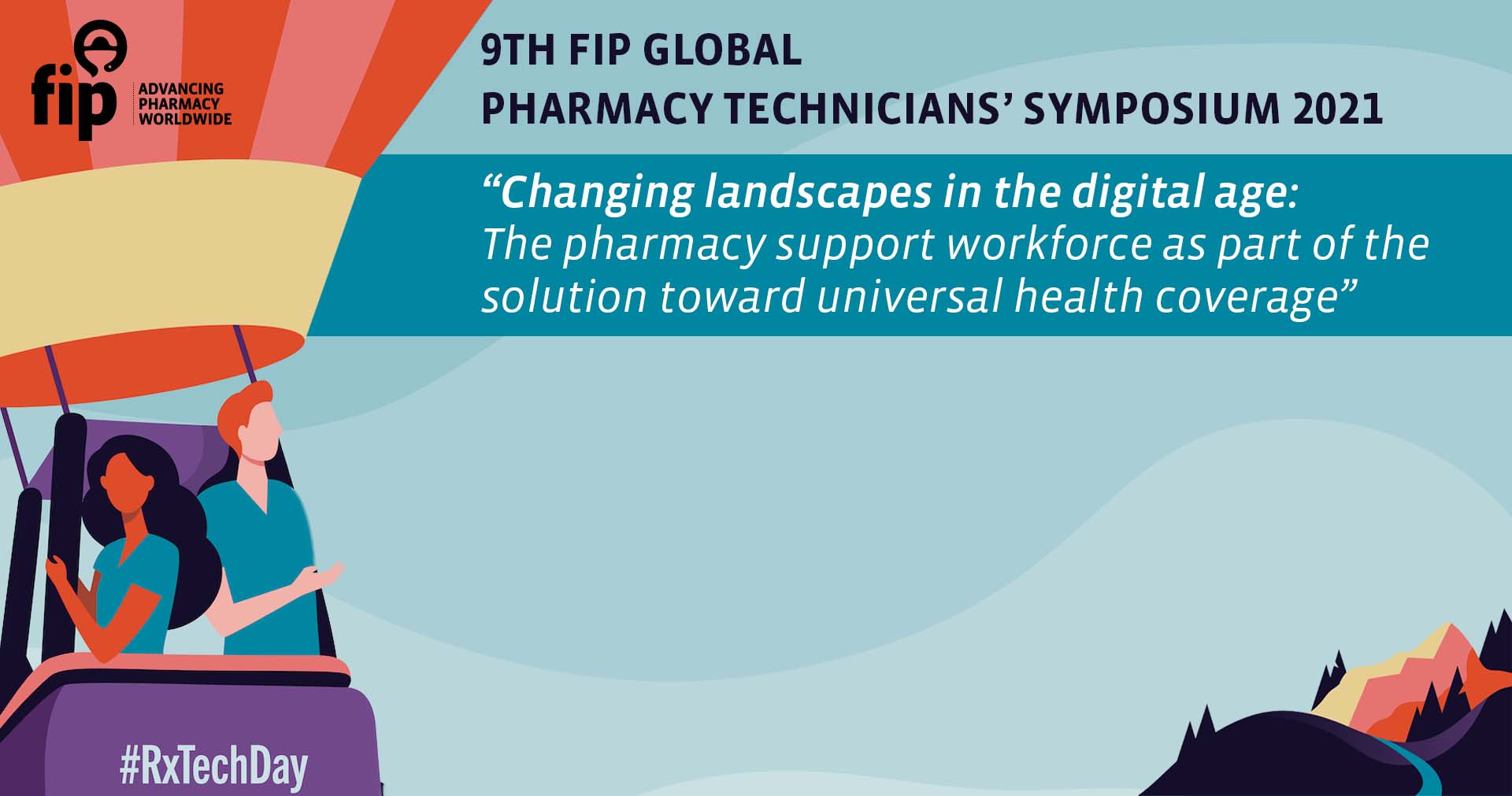
“Changing landscapes in the digital age: The pharmacy support workforce as part of the solution toward universal health coverage”
Since 2012 the FIP Pharmacy Technicians’ Symposium has been hosted during the FIP congress to provide an international audience of pharmacy technicians, pharmacists, educators, regulators and administrators to come together and explore current issues and challenges regarding the education, role development and utilization of the pharmacy support workforce within the pharmacy profession and broader healthcare system.
In 2019, the FIP Advisory Committee for the Pharmacy Technicians and Support Workforce Strategic Platform was established and took on the responsibility to host future Symposiums. Like all other FIP Congress events in 2020, the Pharmacy Technicians’ Symposium was hosted and delivered as a new digital event and on October 20th, in conjunction with World Pharmacy Technician Day, the committee hosted their first Digital Event, showcasing how pharmacy technicians from different regions globally and varied practice environments adapted their practice to support the pharmacy profession’s response to the COVID-19 crisis.
Ten years after the first symposium, the committee will host, on 19 and 20 October, the 2021 Pharmacy Technicians’ Symposium, once again in celebration of World Pharmacy Technician Day (October 19). This digital event will offer 2 half day sessions showcasing global roles among the pharmacy technician workforce, built on a theme of trust and working with others, and demonstrating alignment with the FIP Development Goals and collaboration with other members of the pharmaceutical workforce toward transformation of the profession over the next decade.
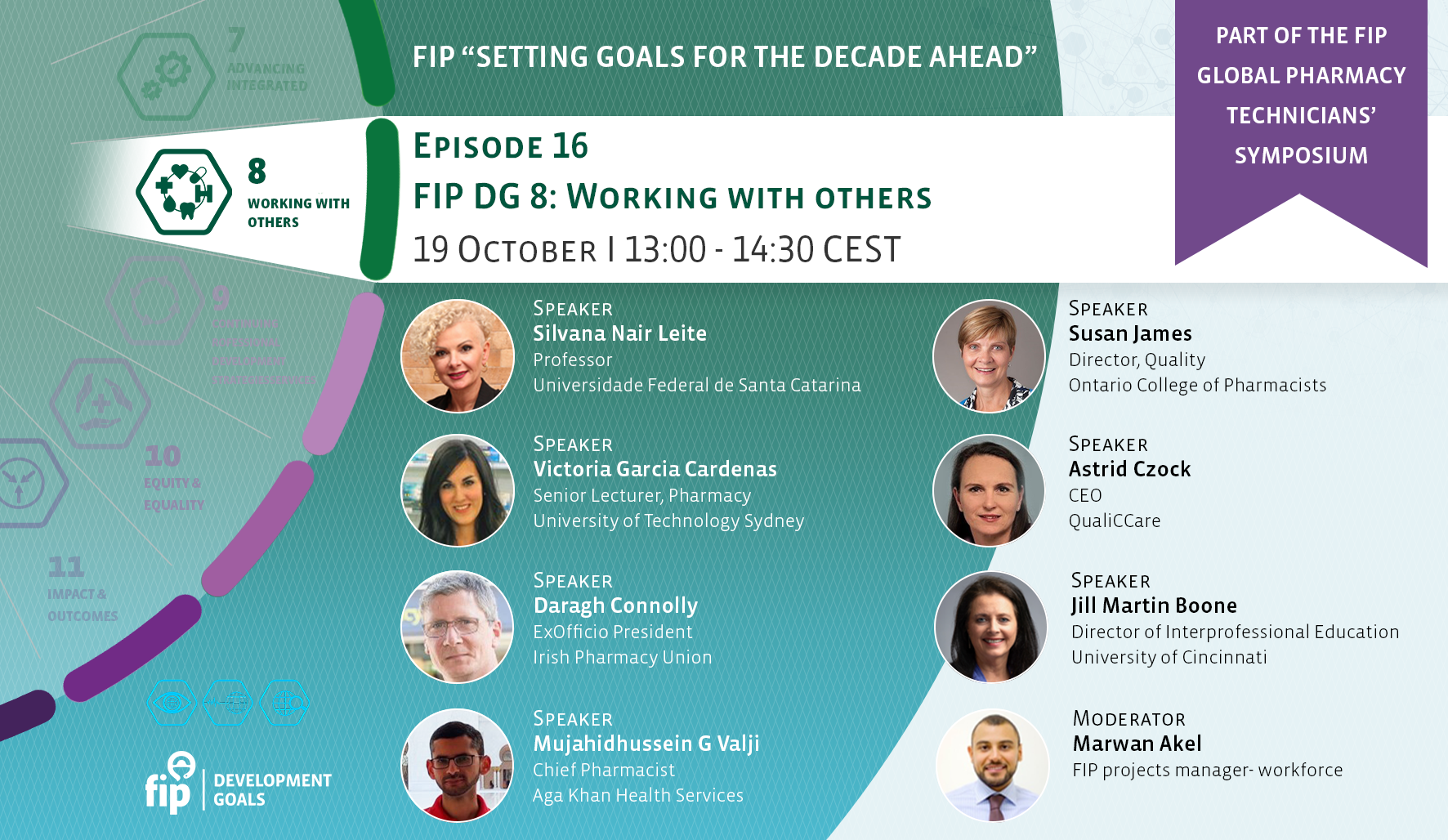
The FIP Development Goals Digital Programme “Setting goals for the decade ahead” is a comprehensive online event series providing coverage of the 21 goals over 21 events in 2021. Starting in March, the 21 digital events aim to provide description, direction and context for each specific goal, with a global plan for the decade ahead and how each nation, within each region can identify and prioritise which goals are the priorities and how the goals can support developments and transformation for them.
This programme is all about engaging the profession and supporting the profession to deliver in relevant and purposeful ways. By engaging our profession, members & colleagues everywhere with these relevant and applicable goals for the decade ahead, we can provide tools, monitoring and evaluation through data evidence, and identifying priorities across practice, science, and workforce & education.
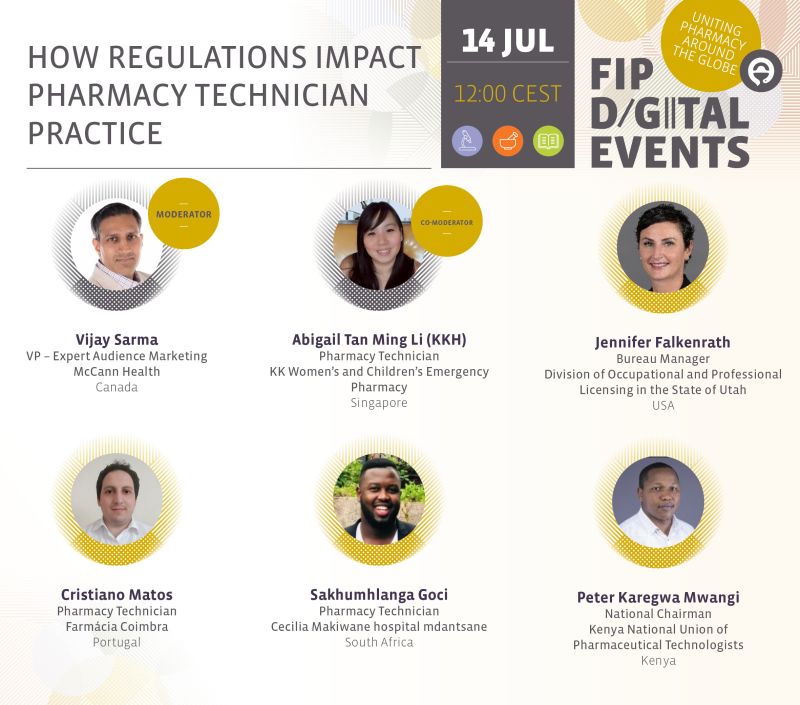
This Pharmacy Technician Symposium is the 3rd in a series and focuses on Pharmacy Technician regulations in the context of practice, education, continuing professional development and organizations. Four Pharmacy Technicians will share their experience
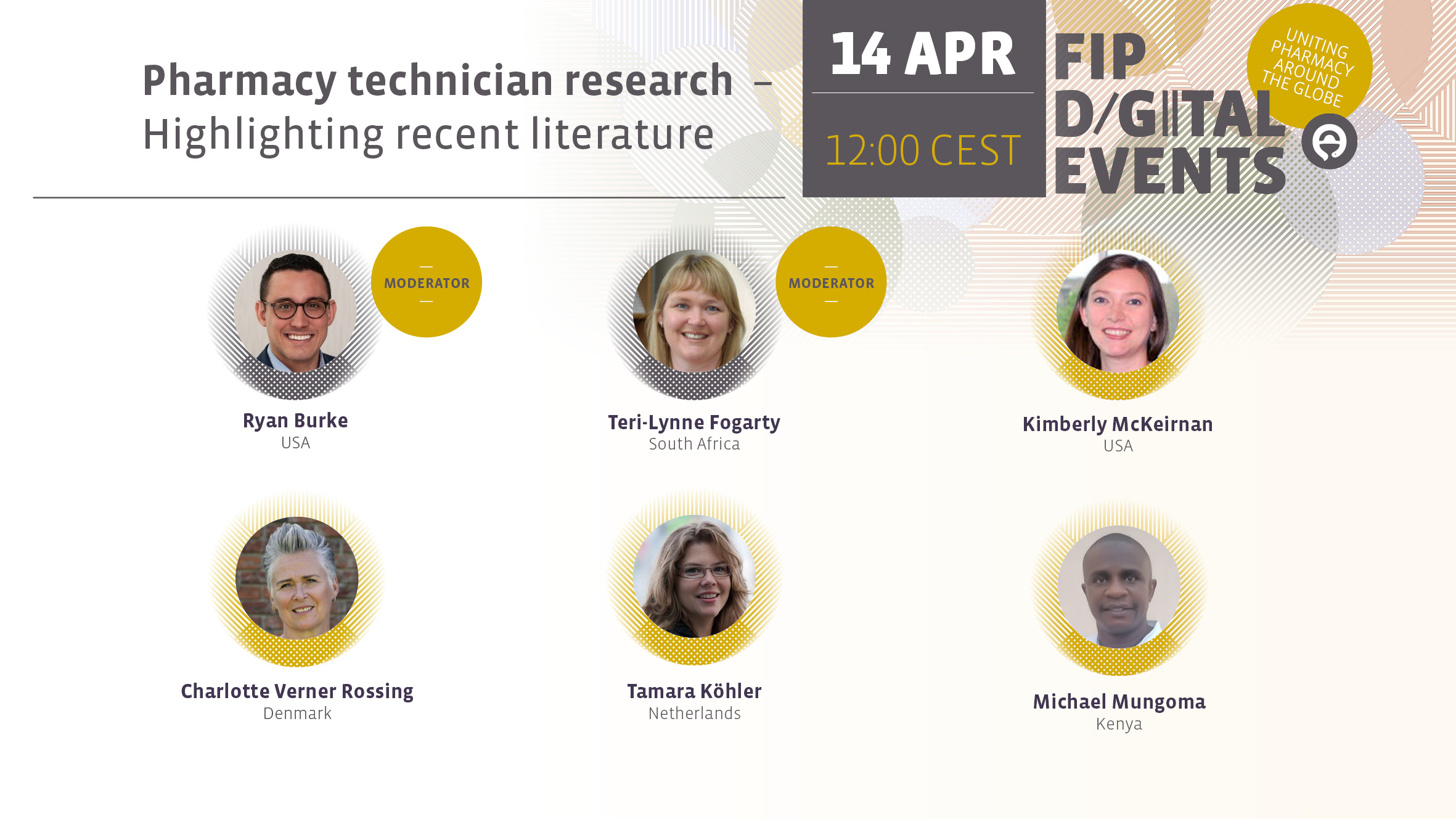
Pharmacy technicians have a critical role in the delivery of healthcare and patient care services. This webinar will offer an overview of current research and publications about pharmacy technicians’ contributions. Speakers will also discuss the importance of data, evidence, and research related to pharmacy technician practice and describe current literature that demonstrates the value of the pharmacy support workforce.
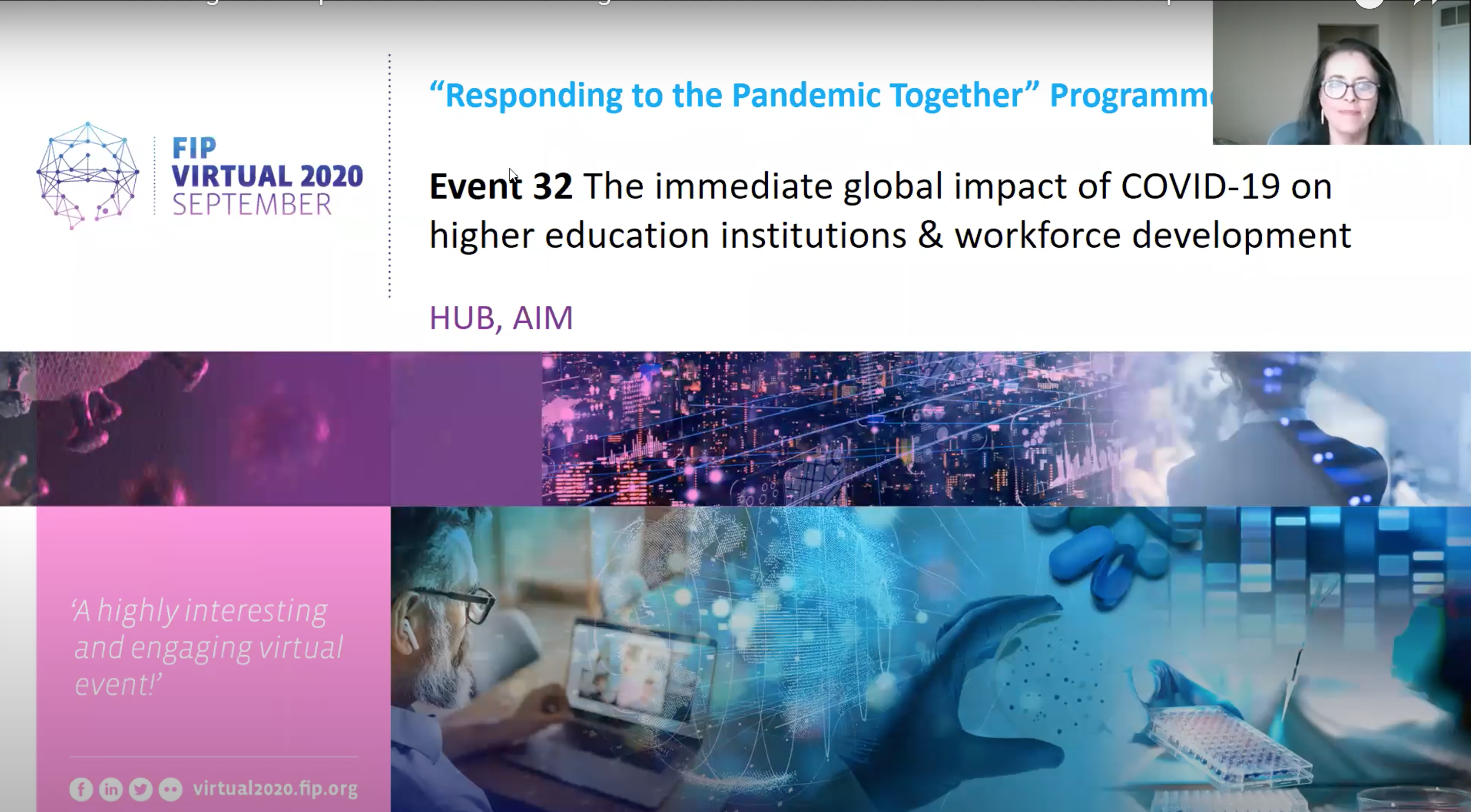
The seminar will provide the overview, results and case studies regarding the rapid response of pharmacy education institutions for COVID 19. It will also highlight changes developed during the response to COVID-19 that serve as a template for improved education and practices for the future.
Learning objectives:
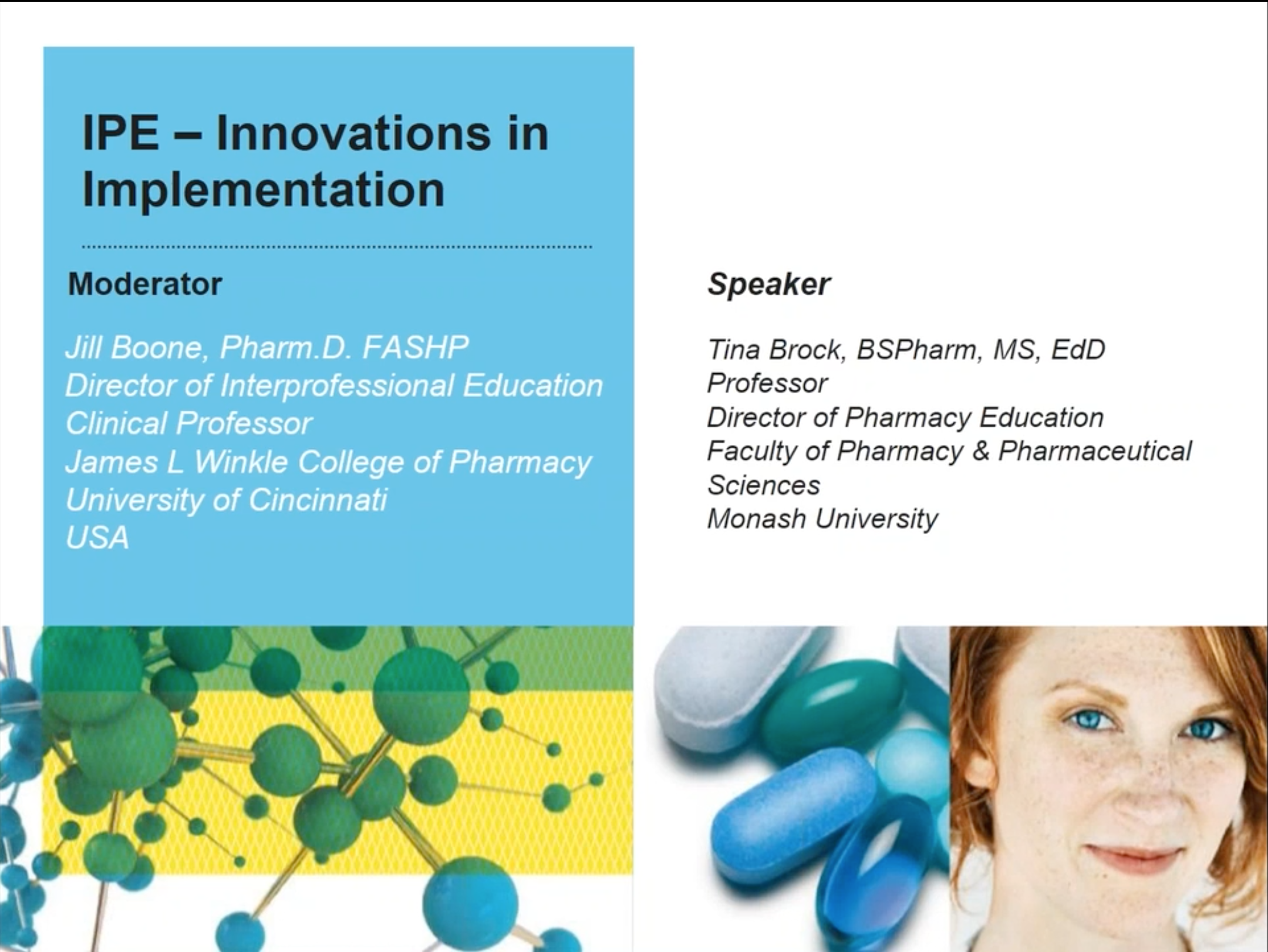
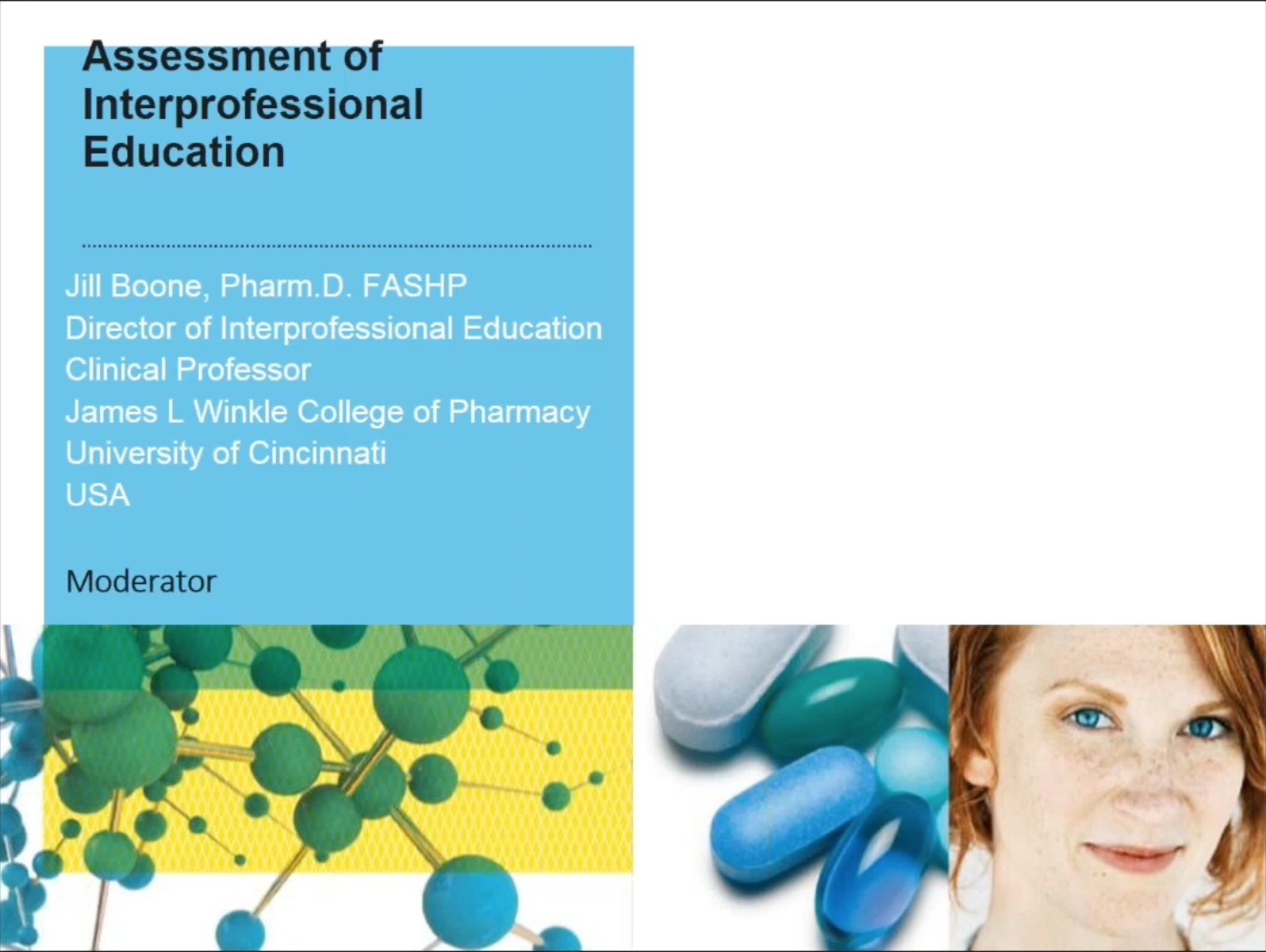
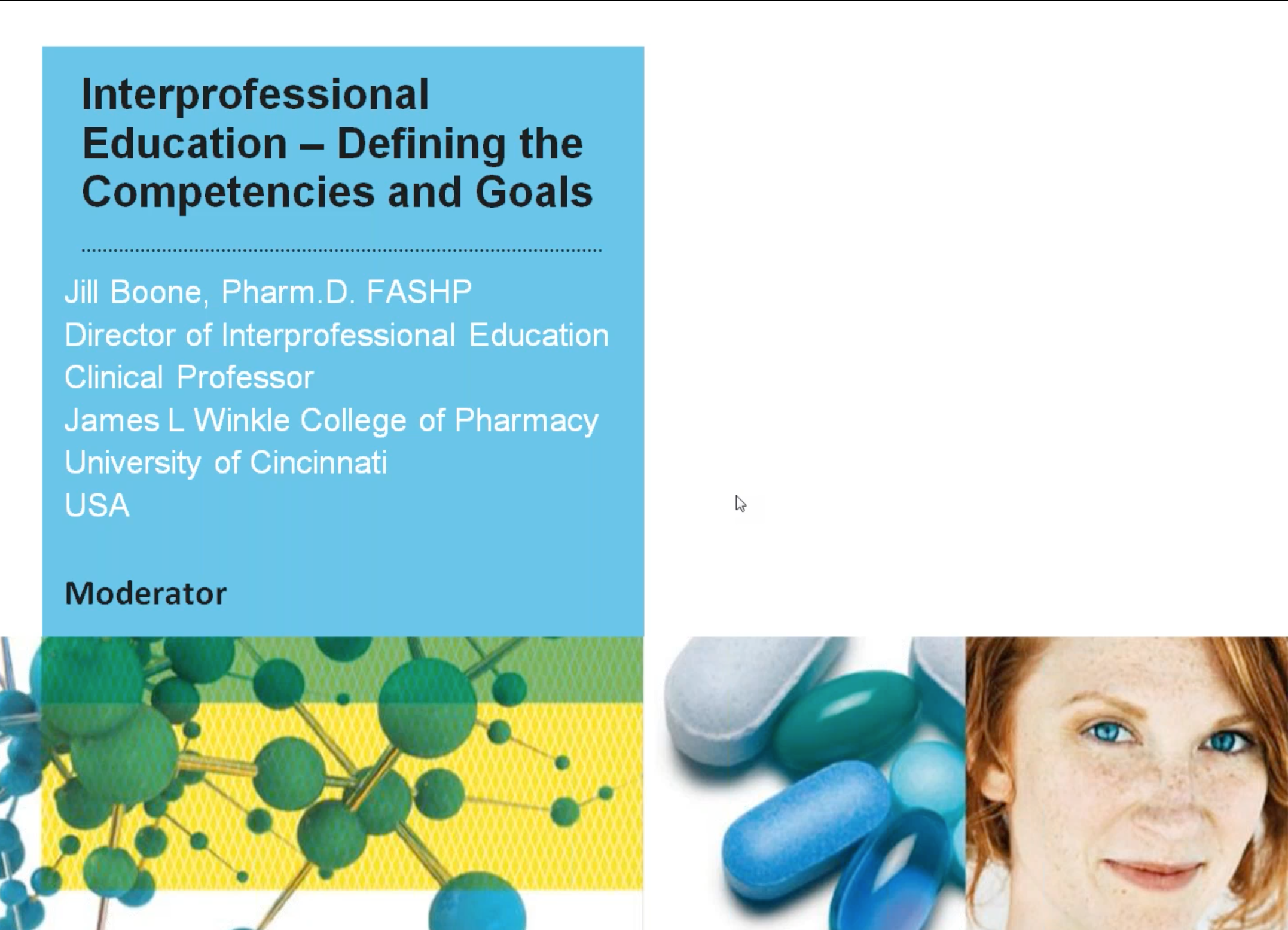
The following FIP programmes of work and structures support the implementation of this Goal: